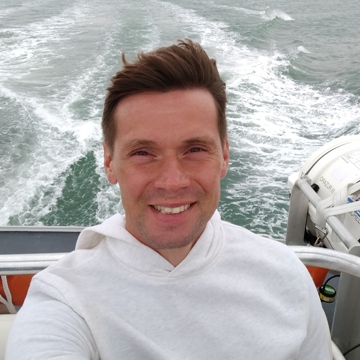
Name: Ján Smatana
Organization: Centrum pre podporu neformálneho vzdelávania
Email: johny (zavináč) cenef (bodka) sk
Position in the project: main project coordinator, expert
One of the founders and a member of the executive board of the Center for the Support of Non-formal Education. He works as a member of several expert and working groups dealing with topics of non-formal education and youth work, for example (Schola ludus 21, School without Hate, Quality Standards in Youth Work, etc.). He graduated from the field of artificial intelligence, so he also tries to supplement his work with people with technical components. Since 2013, he has been trained as a trainer of educational activities for the issue of hate speech, and since then he has focused mainly on the topics of critical thinking, online safety and project management.

Name: Michaela Trnková
OOrganization: Asociace pro medzinárodní otázky
Email: michaela.trnkova (zavináč) amo (bodka) cz
Position in the project: project coordinator (AMO), expert
In his work he combines interest in the media environment, technology and cognitive sciences. Her studies in cognitive informatics and journalism led her to media education, which she perceives as the intersection of these two disciplines. He gained experience in the UN Information Center, the editorial office of Denník E15 or IBM, and currently, in addition to AMO, he works in the non-profit organization People in Need.
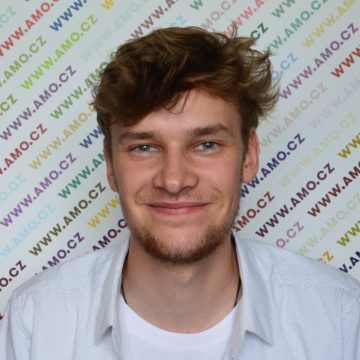
Name: Filip Sommer
Organization: Asociace pro medzinárodní otázky
Email: filip.sommer (zavináč) amo (bodka) cz
Position in the project: project coordinator (AMO), expert, lecturer
He is an analyst for the Middle East Research Center of the AMO. He is a graduate of the bachelor’s study program in Geography and Cartography at the Faculty of Science of Charles University in Prague and is currently studying for a master’s degree in Regional and Political Geography. He is interested in the geopolitics of the Middle East. He focuses more on Kurdish policy and the Levanta and Iraq region. He currently works part-time at Da Vinci Primary School. At the same time, he participates in the project “Trapped in Populism – The View of a Geographer”, which aims to raise awareness of political parties operating in the EU. He has been working at AMO since January 2019, when he started as an intern. He now holds the position of coordinator of a project focused on media education and media literacy (Un)securely on the network.

Name: Andrea Cox
Organization: Digitálna inteligencia
Email: andrea.cox (zavináč) digiq (bodka) sk
Position in the project: project coordinator (digiq), expert, lecturer
The educated pedagogue worked in the state administration in creating systems in the preparation of Slovakia for accession to the EU, with an emphasis on the pillar of democracy and human rights. She has worked as a lecturer in various areas of public policy and communication, lecturing in the countries of the Western Balkans and the Eastern Partnership (Belarus, Moldova and Georgia). Since 2017, he has been leading the civic association Digital Intelligence, focusing on the promotion of digital citizenship and education in this area with a focus on children and parents. It promotes respectful communication with positive content and the transfer of information and research results of the European Union’s partner organizations and beyond. She believes that secure participation in the digital world promotes freedom, the protection of democracy, fundamental human rights and goes hand in hand with personal responsibility.
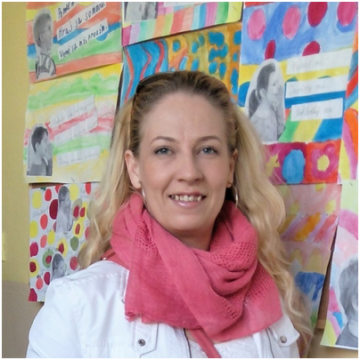
Name: Dagmara Verešpejová
Organization: Centrum pre podporu neformálneho vzdelávania
Email: dada (zavináč) cenef (bodka) com
Position in the project: expert, lecturer
Through non-formal education, it has developed the need to address the issue of critical thinking and safe use of the Internet. She has participated in the projects: (Unsafe in the Network, Critical Thinking in Practice and It’s Time to (in) Shape, which were focused on the issue of critical thinking
and safe use of the Internet. He works in the CeNef organization and actively cooperates with the eRko-HKSD and RMPK organizations. In the past, she worked in the organization Iuventa – Slovak Youth Institute in the position of regional expert researcher of the National project Komprax – competencies for practice. She studied pedagogy and social work in Prešov. In 2015, it was included on the Map of Social Innovators Changing Slovakia for the Better, prepared by Ashoka and the Pontis Foundation. It is an example of good practice in time management, as it divides its time between family, lecturing, administration of programs and educational projects, volunteering, hobbies and a good cup of coffee with friends.
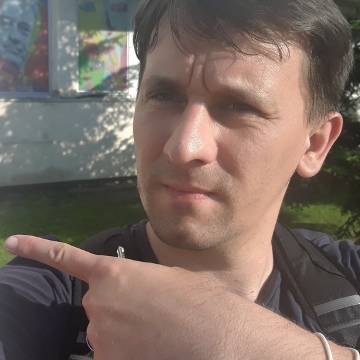
Name: Peter Smatana
Organization: Centrum pre podporu neformálneho vzdelávania
Email: psmatana (zavináč) gmail (bodka) com
Position in the project: analyst, developer
He graduated from the Department of Artificial Intelligence at the Technical University in Košice, with which he has also long-term cooperation in research and development projects, as an analyst and implementer of software solutions. He has also participated in the development of several commercial projects. His portfolio of projects is mainly in the fields of culture, education, financial market and policy modeling. It designs and implements complex solutions, but its main domains are knowledge representation, natural language processing and search. He cooperates externally with CeNef on technical solutions.
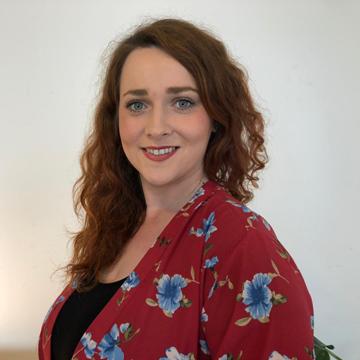
Name: Natália Babicová
Organization: Digitálna inteligencia
Email: natalia.babicova (zavináč) digiq (bodka) sk
Position in the project: education coordinator
She is a graduate of journalism at Comenius University in Bratislava. In addition to working in the media, he has long been involved in youth work and non-formal education. In the civic association Digital Intelligence, she started as a volunteer, she was mainly responsible for the coordination of youth leaders. At present, digiQ focuses mainly on creating content and leading educational activities focused mainly on topics related to disinformation.
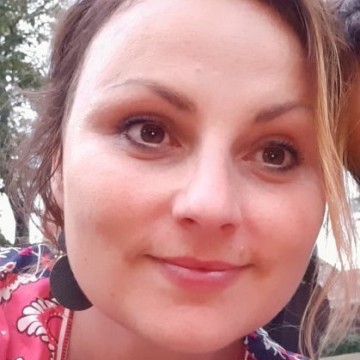
Name: Júlia Balážová
Organizácia: Centrum pre podporu neformálneho vzdelávania
Email:
Position in the project: expert
He sees the attractiveness of non-formal education in the power of experience, which runs in parallel through several senses, thus naturally developing the complex skills of the 21st century. She was led to non-formal education and the study of other alternative forms of education by the long-term experience of the animator, when as a lecturer and project coordinator she participated in the creation of methodologies and educational projects of the Youth Council of the Prešov Region or Iuventa. Within the topics, he focuses on the development of social skills, education and training for human rights, as well as the activation of youth. At work, he uses his artistic and linguistic and literary education and regularly expands his outlook by participating in various educational courses at home and abroad. Since she was a mother, she has been “enchanted” by the principles of respectful education and Montessori pedagogy.
It does not remain in the mind of what has not passed the “senses.” (J. Locke)
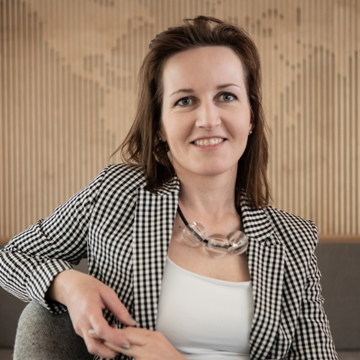
Name: Jarmila Tomková
Organization: Digitálna inteligencia
Email: tomkova.viasua (zavináč) gmail (bodka) com
Position in the project: expert
She is a psychologist who founded and leads the civic association ViaSua, focused on the promotion of mental health, education and prevention of negative phenomena such as prejudice, stigma, bullying and hate speech. She is a consultant and a member of the ESET s.r.o. team. in the Safer Kids Online project and its Slovak platform Safe on the Net. He uses the completed training in systemic psychotherapy, especially the narrative approach. He considers language and discourses, work with identity, support of competencies and resources to be key. It relies on a peer approach and the participation of young people in policies that affect them. In the past, she was a school psychologist, within which she designed and implemented several development and prevention programs, e.g. peer program Pupils Against Bullying. She also worked at the Research Institute of Child Psychology and Pathopsychology, where she led research teams, especially on the opportunities and risks of children’s use of the Internet. She coordinated the Slovak team in the international scientific cooperation EU Kids Online.